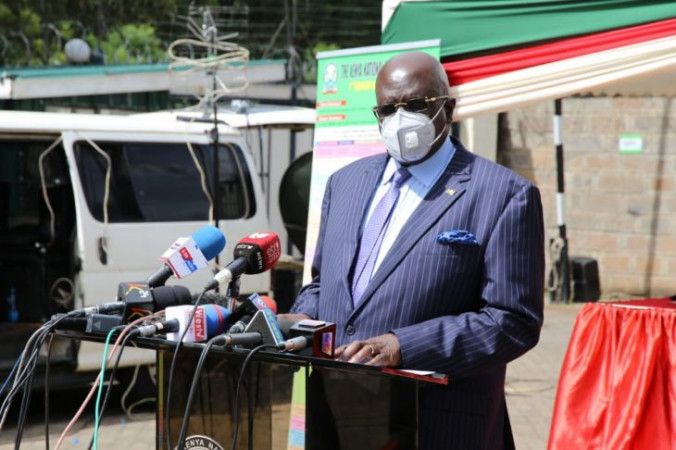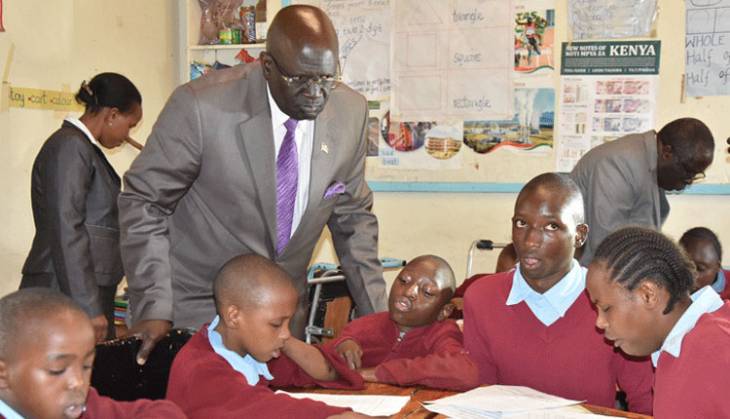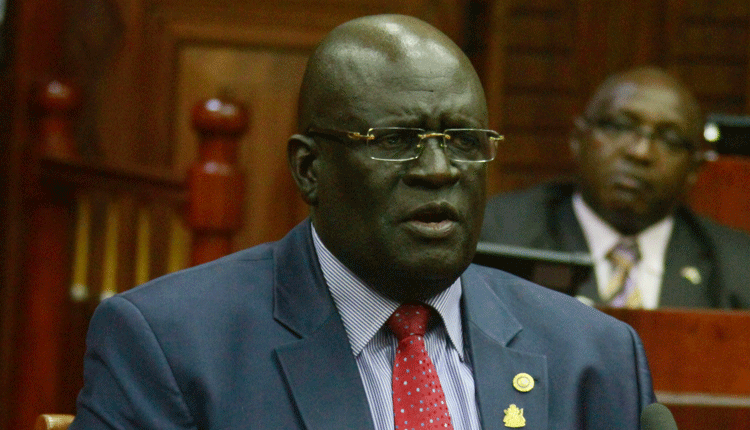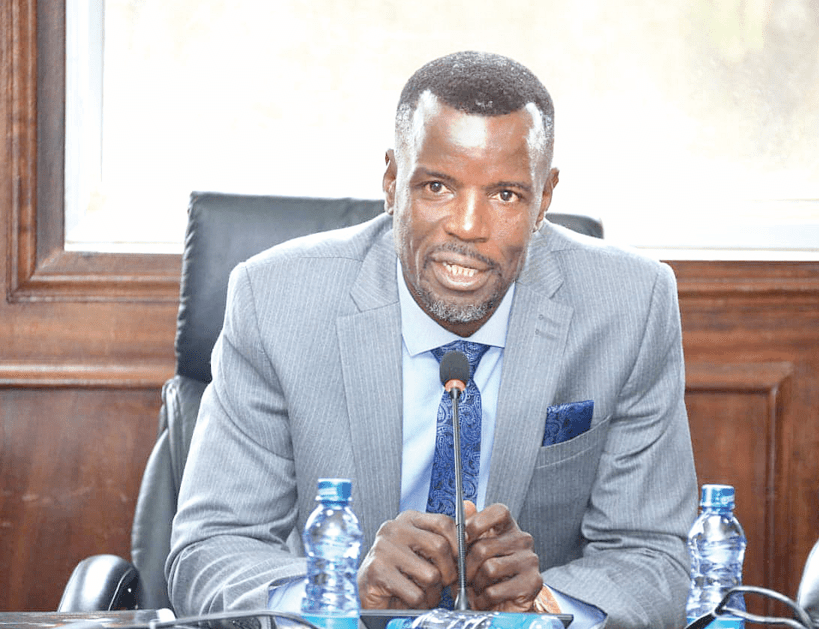Biting costs of prolonged shut of institutions
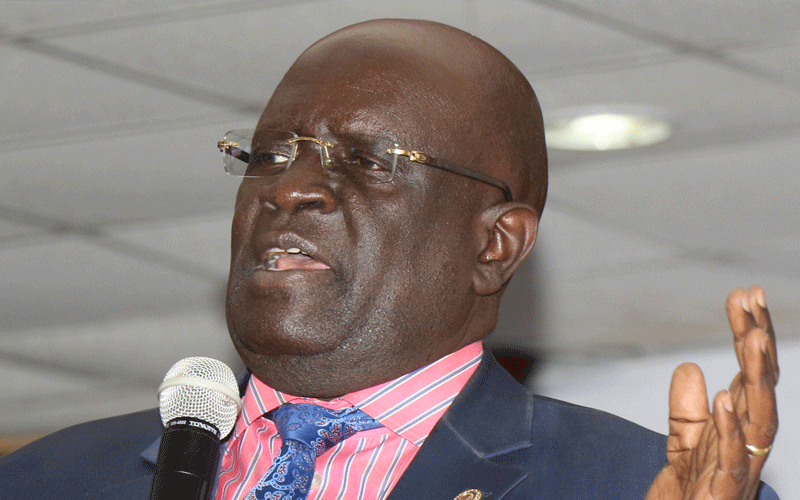
Irene Githinji and Wangari Njuguna
The decision by the government to postpone the re-opening of schools to January could cost Kenyans huge financial losses running into billions of shillings, it emerged yesterday.
A day after the Ministry of Education announced that all basic learning institutions would re-open in January, 2021 and not the previously proposed September as a result of the surge of Covid-19 infections, players in the education sector were starting to count their losses as the reality slowly sunk in.
Fraternities staring at a bleak future include thousands of teachers employed by private schools, and the Boards of Management (BOM) of public schools, who primarily rely on school fees to meet their salaries and hundreds of suppliers of goods and services to learning institutions.
Parents too were staring at the hitherto unforeseen cost of incurring extra bills to sustain their children at home for the next five months.
Speaking to People Daily, the Kenya Secondary Schools Heads Association (KSSHA) chairman Kahi Indimuli, warned that thousands of teachers and non-teaching staff hired by the BoMs wouldl not receive salaries in the coming months unless the government immediately releases funds to cater for utilities in schools.
Said Indimuli: “The Government should consider releasing at least 30 per cent of capitation money to cater for salaries of BOM teachers and non-teaching staff and other utilities such as electricity and water.
Failure to which they will go unpaid for the remainder of the year. Sub-County schools are the most affected since they have the highest number of BoM teachers and have not been paid since March.”
Kenya Private Schools Association (KPSA) chief executive, Peter Ndoro said the Coronavirus pandemic, which forced the closure of schools until January, next year had hit private schools the hardest, with majority of them currently unable to pay their teachers and other staff.
“Private schools have closed and the situation is worsening. We are not sure whether we will manage our teaching and non-teaching staff beyond August despite them taking pay cuts and others proceeding on leave,” he regretted.
Unlike public schools that receive financial support from the Government, Ndoro said private schools entirely relied on school fees to meet their bills.
Additional cost
The situation, he said, will be further worsened when time to resume approaches since they will be required to comply with the health protocols imposed by the Health ministry in all learning institutions before they are allowed to reopen and which will require colossal amounts of money to put in place, which will come at an additional cost.
A secondary school headteacher who sought anonymity for fear of coming across as criticising the government’s decision to close schools until January, said it will be impossible for most public schools to pay salaries of BOM teachers and other staff during this period.
“We entirely rely on school fees to pay the teachers and other staff. Some schools have as many as 15 teachers paid by the boards. We do not have the money to pay them,” said the school head.
The Kenya Publishers Association (KPA) chairman, Lawrence Njagi, also observed that publishers were equally staring at reduced earnings running into billions of shillings due to the closure of schools.
Njagi told People Daily that in a normal year, the publishers’ turnover stands at about Sh40 billion, but that will not be possible this year owing to the closure of schools.
He said huge losses have been made in the sale of books now that learning institutions and parents who form their main customer base are not buying them owing to the closure of schools.
“At the moment, we are making corrections on Grade Five books and we had a deadline of September 1 to avail them.
However, the economic slowdown has also affected the industry. We have also had to work with limited staff,” Njagi regretted.
The enormous financial impact was already being felt among hundreds of suppliers who have been delivering various commodities to the schools across the country demanding at least Sh1.2 billion owed to them.
“The closure of learning institutions due to the corona pandemic has dealt us a big blow.
We are in deep financial crisis,” said the suppliers yesterday. Speaking in Murang’a, the suppliers, led by their spokesman Samuel Muya, said they have already accrued huge debts since the beginning of the year.
Muya said by the time schools were closed in March, most suppliers had not been paid for the commodities they had supplied to various institutions, which he said ran into billions of shillings.
Scared of situation
The commodities include school uniforms, laboratory chemicals, detergents, furniture, stationery and foodstuff among others. He appealed to the Government to consider releasing some funds to schools to pay off suppliers.
“For most of the commodities we supply, they are obtained on credit from dealers, who are now on our necks demanding for their pay.
Our businesses are also on the verge of collapsing because schools, which are our major clients are not operational,” said Muya.
The suppliers claimed their property risked being auctioned by banks because they are no longer able to service the loans.
“We are scared of the situation at hand, the expected job losses in the publishing industry will be enormous,” said Njagi.
Also suffering in silence are the thousand of children who rely on the government funded School Feeding Program in the Arid and Semi-Arid Lands (Asals).
The Government took over this programme from the World Food Programme (WFP) two years ago, which has benefited an estimated 1.4 million children mainly drawn from Asal areas and informal settlements in major towns across the country.The programme was allocated Sh1.8 billion for the 2020/21 Financial Year.
Speaking on Wednesday, the National Parents Association chairman, Nicholas Maiyo, expressed fears that the millions of learners who rely on the program risked going hungry due to food scarcity during this period.
He, however, assured that stakeholders were working on modalities to cushion the affected learners from the pangs of hunger during this period.
Kenyatta University Psychology lecturer Dr Philomena Ndambuki, said the country is not only dealing with huge financial losses, but also on social aspects.
